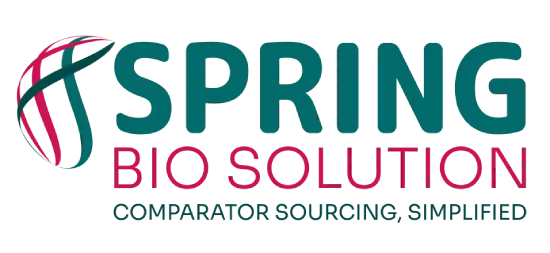Glossary of Clinical Terms
This section provides definitions for words and terms used in Clinical Terms


A generic drug is a medication that is equivalent to a brand-name drug in dosage, strength, route of administration, quality, and intended use but is not marketed under a brand name. Generic drugs contain the same active ingredients as their brand-name counterparts and are regulated by the same government agencies, such as the Food and Drug Administration (FDA) in the United States.
Generic drugs are less expensive and widely available than brand-name drugs for the following reasons:
1. Reduced development costs: Since a drug that has already been developed and tested by the original manufacturer, generic drug manufacturers do not have to bear these costs.
2. No marketing expenses: Generic drug manufacturers do not need to spend as much money on marketing since their products are already established in the market.
3. Absence of patent protection: When a drug’s patent expires, other manufacturers can produce and sell generic versions of the drug. This competition among manufacturers drives down drug prices.
However, they must still meet the same rigorous standards for safety, efficacy, and quality as brand-name drugs. In many countries, including the United States, laws require that pharmacists offer generic versions of medication unless the prescriber specifically requests the brand-name drug. This helps to promote the use of affordable, high-quality medications and allows patients to have more control over their healthcare costs.
Advantages of Generic drugs:
1. Patients can easily obtain and affordable generic drugs as they are comparatively cheaper.
2. The increase in generic drug exports to various developed and developing countries has increased access to health care for the majority of people.
Today, about 50% of all prescriptions are filled with generic drugs. The generic drugs market of India was valued at USD 24.53 billion in 2022 and is projected to expand at a 6.97% CAGR by 2028. (https://lnkd.in/dda4p5wq).
Success in the B2B market for generic drugs requires a focus on quality assurance, regulatory compliance, pricing strategy, and branding and marketing. By providing high-quality, cost-effective products and building strong relationships with healthcare providers and distributors, pharmaceutical companies can succeed in this competitive market.
Are you looking for global sourcing of Generic drugs that are safe, effective, and of high quality to help with clinical trials and BA/BE studies?


